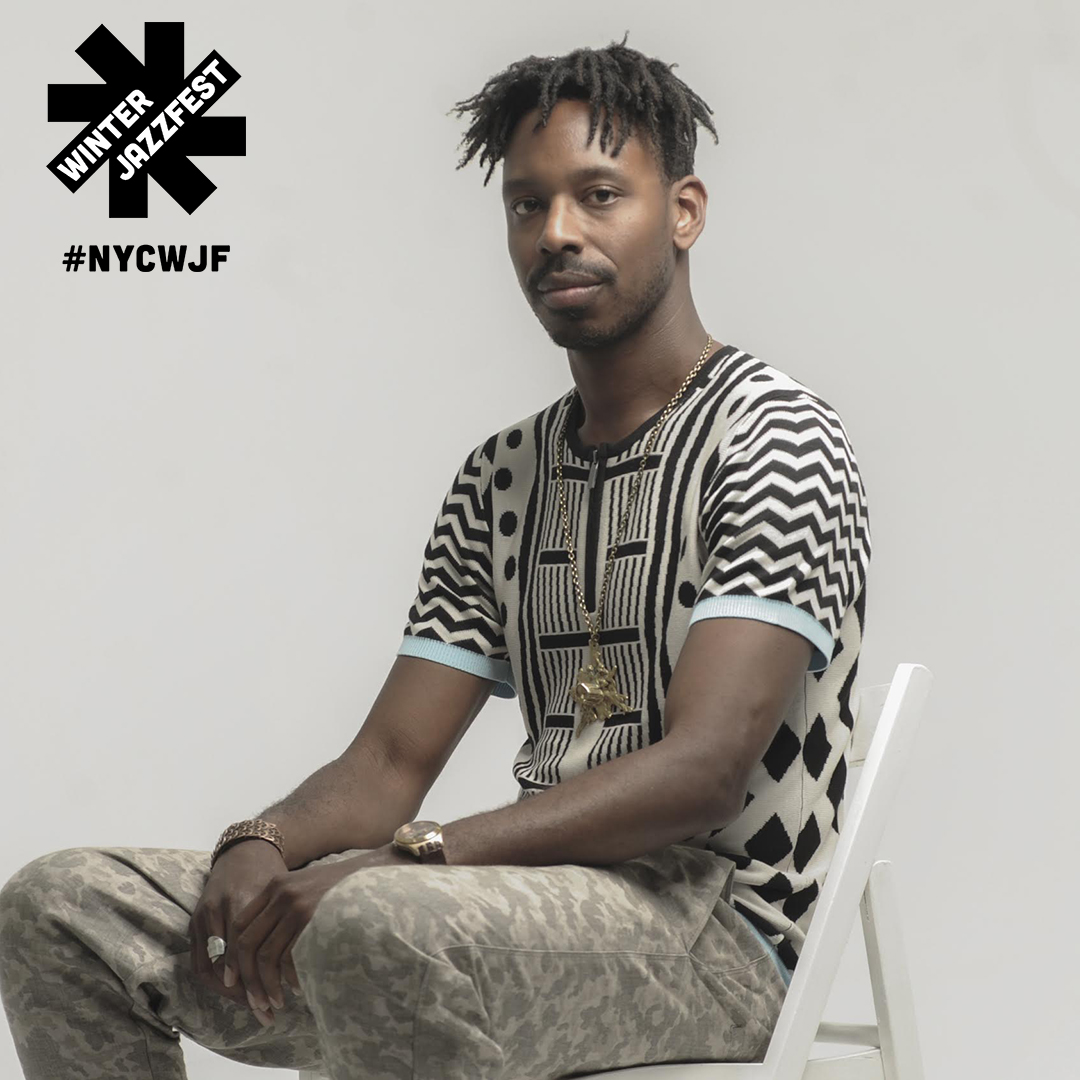
Shabaka Hutchings has been around—he’s played with the BBC Big Band, the BBC National Orchestra of Wales, Jack DeJohnette, Charlie Haden, King Sunny Ade and a lot of others, and has earned titles like BBC Radio 3 New Generation Artist, was nominated for Jazz Musician of the Year in the 2013 Parliamentary Jazz Awards. His group, Shabaka & the Ancestors, is coming to LPR to play two shows: One with Pharoah Sanders on Thursday January 5th and a second on Saturday January 7th with Day 2 of the NYC Winter Jazzfest Marathon. We got to catch up with him and ask him his thoughts on a few themes of 2017’s Winter Jazzfest, check out what he has to say below.
Is social justice important to you and why?
Social justice is what happens when the state and the mechanisms which allow it to function give agency to the less privileged in society. It occurs when the power structures regard as significant those who aren’t perceived to share a stake in the state’s upkeep. It holds the fact of being human as enough to warrant fair treatment within the eyes of the law without concern for financial or racial hierarchy.
This is important for me because I believe that the state, seen as a manifestation of the ideals shared by its inhabitants, has to place value upon human life equally. If it doesn’t, and the zeitgeist suggests disposable bodies splayed before the altar of history and finance, then we loose our humanity with the first to bear the scars being black and poor.
Have you been inspired by recent events in the world and here at home to make your music more political or socially-charged?
The purpose of performance for me is to give voice to elements of the human condition that we lack linguistic capacity to express. We learn about the human condition by studying our history and understanding the complexities of the world unfolding around us. Musicians give the world sonic perspectives and solutions. These offerings, borne of a place that existed long before the advent of language, are communicated directly to the core spirit of the receptive listener. So, yes! Recent events form the basis of what and why I play. I blow with the intention of opening up a space infused with the energy of our political climate.
What does the word jazz mean to you and how is it different today in our modern era? Is it still relevant and how so?
The word Jazz means nothing to me outside of a social context. Who is saying the word? who is the audience the word is being presented to? What is their connection to the trajectory of African American music? What is their knowledge of the aesthetics of African music which contributed to the word’s inception? the term Jazz is a signifier within these myriad questions so the definition of what I consider to be jazz shifts in relation to these considerations. It is a word that has been creolised, adapted and shifted (and appropriated) into a living, functional tool.
Jazz as a genre.
Jazz as the aesthetics governing the constructing principles of a genre.
Jazz as a way of life derived from those participants deemed to be detached from societal norms.
Jazz as freedom to create the framework of ones own sonic value system.
Jazz as a reflection of the black experience in America.
Jazz is relevant because the lessons it’s heroes have to offer future generations will always be vital.
Are you inspired or have you taken part in Black Lives Matter protests or other social or political movements and what steps are you taking in your life and your music to address these issues?
I’ve been on the road pretty consistently for the past year so i’ve had no engagement with the BLM movement in Britain and my political involvement is limited. I alert the public who engage with me about nuanced aspects of critical issues (which might be drowned out within an informational humdrum) when I can.
What does Thelonious Monk’s music mean to you? What does it spark in you when you hear it played or play it yourself?
Thelonious Monk’s music makes me think of the elements of music we choose to prioritize. It’s all too easy for the aesthetics of a dominant culture to seep into all music housed under its geographical borders. Hence some music from the black community can aspire to be held up to the same level of ‘excellence ‘ as the classical music which is viewed as high art.
I hear Monk’s music as keeping the hierarchies within his musical spectrum true to his community and African ancestry. This isn’t to negate the fact of his assimilation of Western cultural forms and values, but his music reaches into a place deeper. Pundits who label the music as possessing ‘childlike genius’ ‘naivety’ fail to see the cultural imperialist implications of these sentiments. He elevated the piano into a drum and the drum into a communication device for intuited wisdom.

